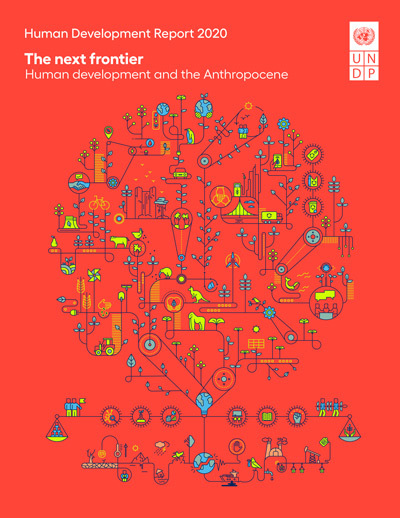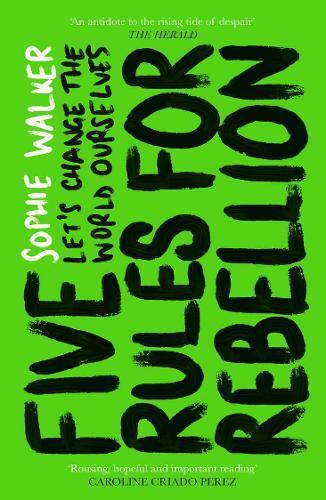Jeremy Williams's Blog, page 95
February 27, 2021
What we learned this week
Our World in Data has a good deep-dive on palm oil, how big its contribution to deforestation is, and whether it is possible to meet global demand with other oils.
After solar power from space, the government is now backing flying electric cars and the construction of an airport for them in Coventry.
A litter campaign in Russia has highlighted the problem by creating new forms of camouflage that incorporate trash into the designs.
February 25, 2021
Why Britain needs a Justice40 Initiative
The United States has rejoined the Paris Agreement, which has created a good deal of positivity in climate change circles. The box-fresh Biden administration has announced a series of new climate change measures, beginning the process of reversing the damage and neglect of the Trump years.
What’s caught my eye about the new American approach is that it weaves together climate change and social justice. It’s not being billed as a Green New Deal, but it’s certainly learned from it and consulte...
February 24, 2021
France tackles throwaway culture with the repairability index
One of the big obstacles to a sustainable future is the culture of disposability. For citizens of consumer societies, it is perfectly normal to ‘consume’ things. We use them, and when they are damaged or obsolete, or even if we’re just bored with them, they are thrown away. The result is mountains of discarded clothes, electronics and other items.
In a circular economy, resources are stewarded by keeping them in rotation rather than throwing them away. There are different ways to do that. On...
February 23, 2021
The two routes towards arrival

The UN’s Human Development Reports have always had a more nuanced view of progress than Gross Domestic Product. While they still measure economic growth, they recognise that human development is more usefully tracked by progress on health and education.
Their latest report has a section that caught my eye. In a discussion on decoupling environmental harm from economic growth, they conclude that “a reimagined human development journey cannot occur along the same path for low human develop...
February 22, 2021
Book review: Five Rules for Rebellion, by Sophie Walker

“This is a book that explores how we can maintain energy and determination in the face of enormous barriers,” writes Sophie Walker, “and how we can adopt activism as a philosophy for life, rather than seeing it as a few pitched battles.”
That’s a promising idea for a book, not least because ‘activism as a philosophy of life’ is very much what I’m going for myself. It’s a subject Sophie Walker knows a thing or two about herself, and the book is also full of interviews with established act...
February 20, 2021
What we learned this week
“Let’s start with the first fallacy: that climate action is an individual thing” writes Mary Annaise Heglar in Wired, in a very good article on what you can do about climate change. “Yes, it’s true that you can’t solve the climate crisis alone, but it’s even more true that we can’t solve it without you.”
Pawas Bisht considers the green nationalism of the tabloid newspapers at The Conversation, something I looked at last week.
It’s best not to get excited about turning points that may turn ...
February 19, 2021
What is generous architecture?
One of the best antidotes to the destruction of consumer capitalism is ‘public affluence‘. As the name suggests, this is affluence that is for everybody. Not private wealth, but shared amenities of the highest quality, open to all. For developed countries that are already consuming more than their fair share of the world’s resources, public affluence offers a way to raise people’s standard of living without raising their consumption of energy and materials.
There are many forms of public aff...
February 18, 2021
Edison was right about the electric car
“Within a year, I hope, we shall begin the manufacture of an electric automobile.” That was Henry Ford in 1914, writing to a friend.
Thomas Edison, a good friend of Ford’s and a partner in the scheme, confirmed the plans. As far as he was concerned, electric traction would be the end of oil. “I believe that ultimately the electric motor will be universally used for trucking in all large cities, and that the electric automobile will be the family carriage of the future.”
February 17, 2021
Who gets to escape climate disaster?
Here’s a new ad that premiered today. It’s a satirical tourist ad for Mars, brought to you by Fridays for the Future.
It’s only the reveal at the end that brings the ad back to earth and highlights its climate justice message. The prospect of escaping climate change is only for the richest. For everyone else, we’d better fix the climate.
Fridays for the Future are not the first to highlight the waste of space exploration when there is so much to do on earth. “No hot water, no toilet...
February 16, 2021
Local food vs eating less meat
A simple observation for you today. When thinking about reducing emissions from food, one of the most high profile concerns is food miles. A lot of food travels a long way to get to us, and all of that adds to its total carbon footprint. Eating more local food, and more in line with the seasons, can reduce the impact of our diets.
It’s a good thing to do, but there is a much more useful intervention that will make a much bigger difference. Here’s a graph showing the breakdown of global green...



